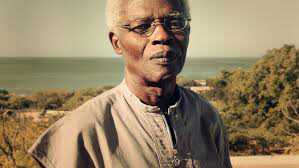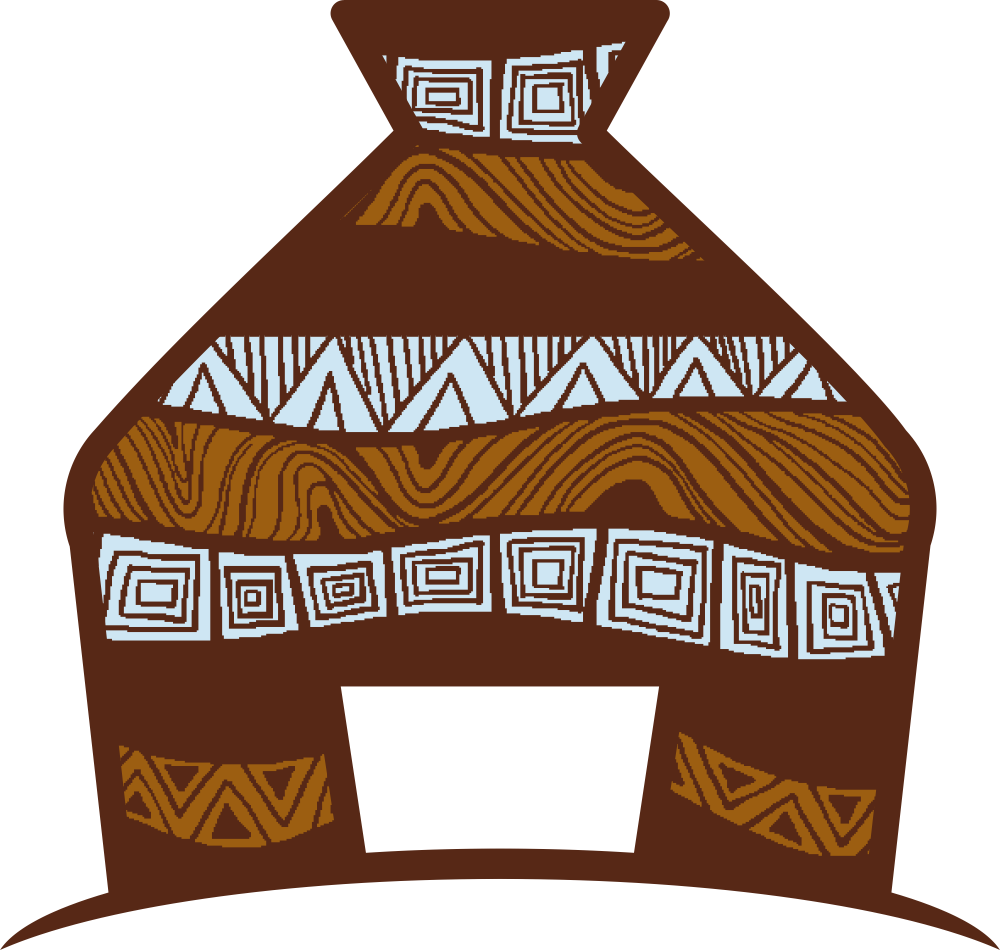Soyoye Testimony

Literature is an art form and embedded in it is the use of artistic words for self-expression. African literature encompasses all oral and written literature and aims at portraying Africa in its truest form. African writers have projected their voices on issues concerning the African society. These writers keep blowing the wind of change on the lands of African literature and amongst them are :
Tsitsi Dangaremba

Born on the 4th of February 1959, Tsitsi is a Zimbabwean novelist, playwright and filmmaker. Tsitsi campaigned for the involvement of black women in plays. She wrote three plays which had more black women roles because she thought, “there were simply no plays with roles for black women, or at least at that time we didn’t have access to them. And so I really didn’t see that the situation would be remedied unless some women sat down and wrote something, so that’s what I did“(‘Know Your Author, Dangarembga, The Herald). Her latest work ‘The Mournable Body‘, is a continuation for ‘Nervous Condition‘ which is a story about black African women who are trying to imagine and work their way out of a narrative that has already been decided for them.
Nuruddin Farah

Farah is a Somalian writer who writes about the effects of terrorism after he lost his sister in a bomb blast. His book ‘North of Dawn‘ tells a story we rarely hear, a tale concerning the terrors of family that takes place in the long shadow of grief, shame and twisted loyalty. It’s a story pulsing with the adrenaline of our era: a toxic mix of zealotry and xenophobia – Ron Charles.
Nadine Godimer

Nadine was a South African writer and political activist. She was described by The Nobel Prize In Literature 1991 as “a woman who through her magnificent epic writing had been of very great benefit to humanity“. Godimer’s writing focused on areas like moral and social issues particularly the apartheid in South Africa. Though dead, her works are still internationally recognised as they dealt with politics and issues of her country. She remains one of Africa’s writers whose works fought against racism and apartheid in South Africa.
Alain Mabanckou

Alain Mabanckou is a novelist, journalist, poet and academic. He is one of the best African writers in France. One of his works, Black Bazzar dwells on the varying lifestyles of Africans in France. He is a controversial writer and he has been criticized for stating that Africans bear the responsibility for their misfortunes (Valerie Maria la Meslee, grand rire d’Alain Mabanckou). He massively dwells on criticizing the social ills in Africa in a blunt manner.
Ben Okri

Ben Okri is a Nigerian poet and novelist. He is one of Africa’s leading writers. He is also considered as one of the foremost African authors in the postmodern and post colonial traditions. He has also won several prizes such as the Booker Prize and many more (“Ben Okri“, The Guardian). He uses magic realism to convey the social and political chaos in the country of his birth. Ben Okri in his works, convey a clear message about the need for Africans to protect their dignity.
Aminatta Forna

Forna is a Sierra Leonean writer born to a Scottish mother in Scotland. Her parents moved to Sierra Leone where her father participated in politics. Her father experienced a tragic fate in his political pursuit, and due to this crisis and that of the Sierra Leonean civil war, Aminatta wrote her memoir which brought about her recognition. Her memoir ‘The Devil That Danced On Water‘, centres on the events that took place in where they lived in Sierra Leone during the war and her father’s sad political experience. Aminatta has also been awarded the Orange Prize.
Ayi Kwei Armah

Ayi Kwei Armah born on the 28th of October, 1939 is a Ghanaian writer and essayist. His novels are known for their intense, powerful depictions of political devastation and social frustration in his country Ghana, told from the point of view of the individual. Ayi Kwei’s first novel, ‘The Beautyful Ones Are Not Yet Born‘, was published in 1968, and tells the story of a nameless man who struggles to reconcile himself with the reality of post independence Ghana. All of his books have dealt with the identity and predicament of Africa. His main concern is for the creation of a pan African agency that will enhance all the diverse cultures and languages of the continent.
African literature has now been placed on a global pedestal with a lot of people reading it and also African writers winning several international prizes. It is of no doubt that African literature would be widely accepted like Western Literature in a few years from now. Adichie has said “shut up and write for our voices are louder on written texts than protests on the streets”. So join the band of African writers who are changing the face of African literature by voicing your opinion on paper.


